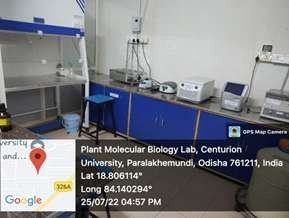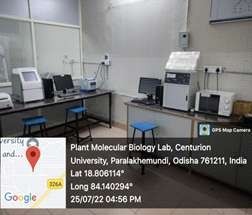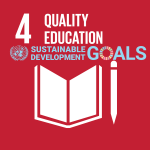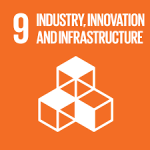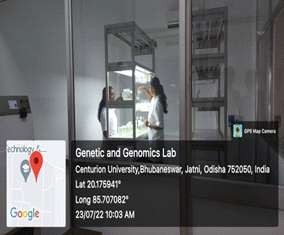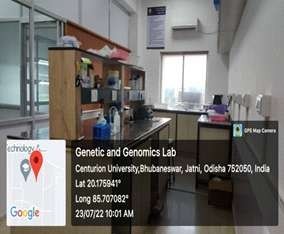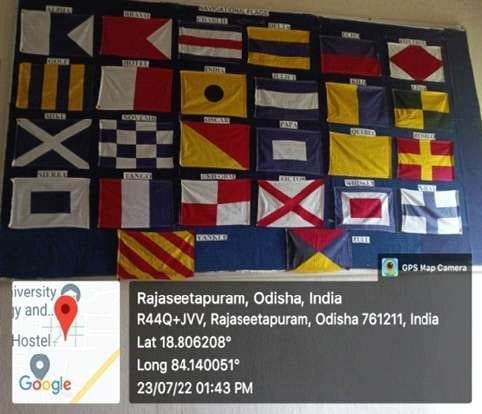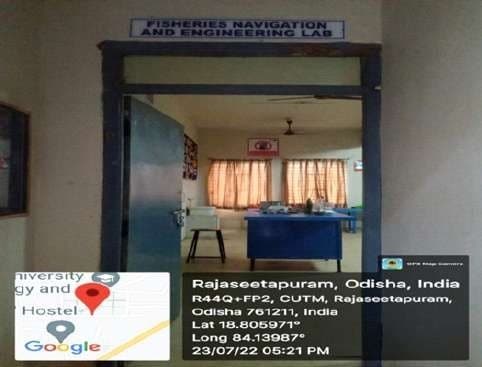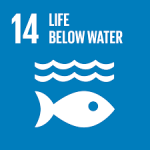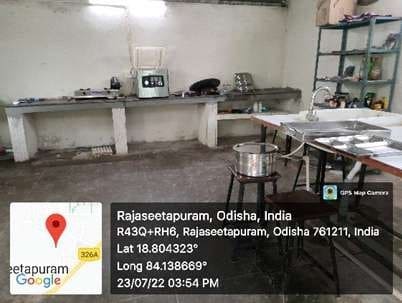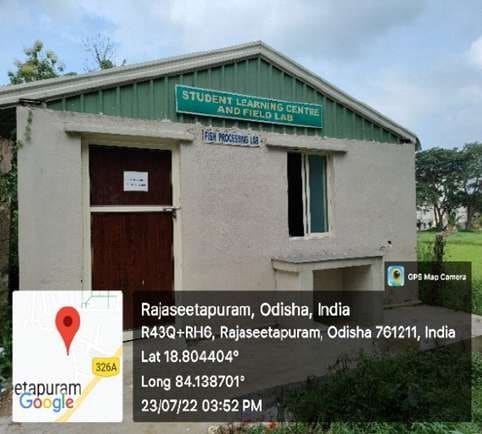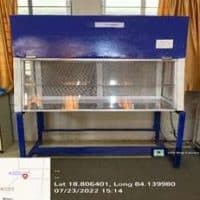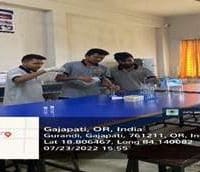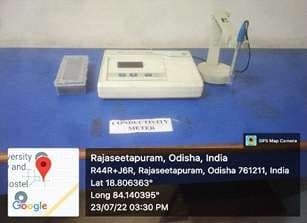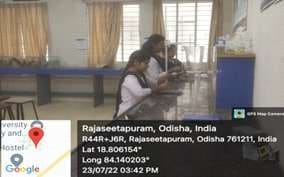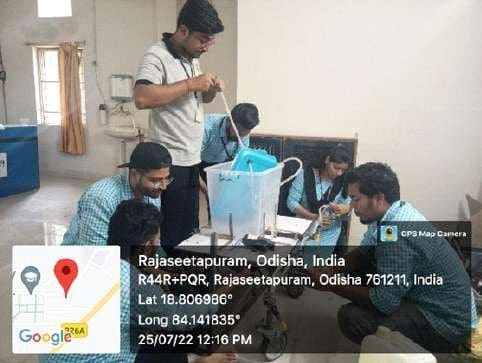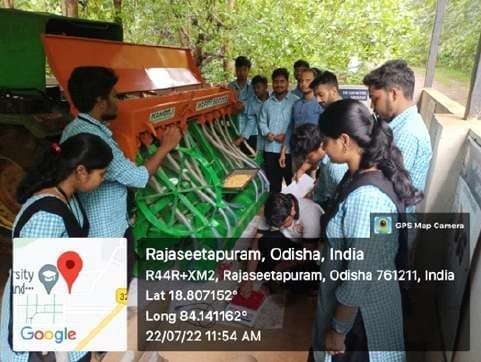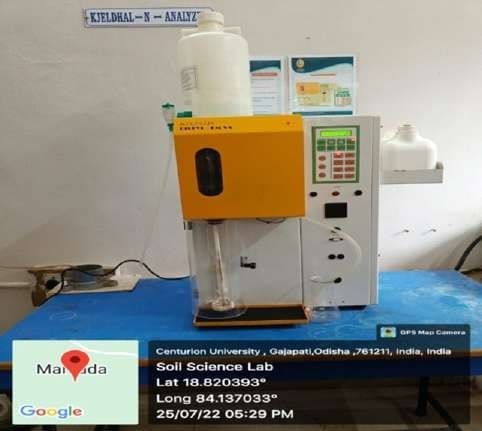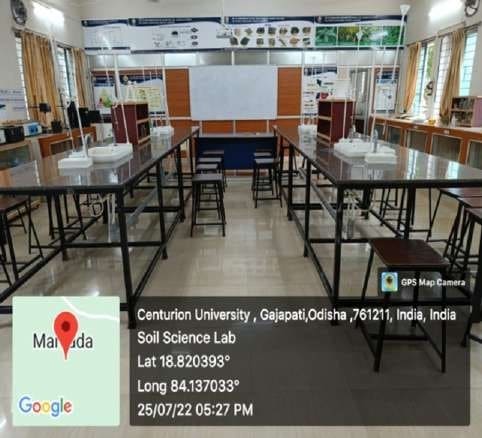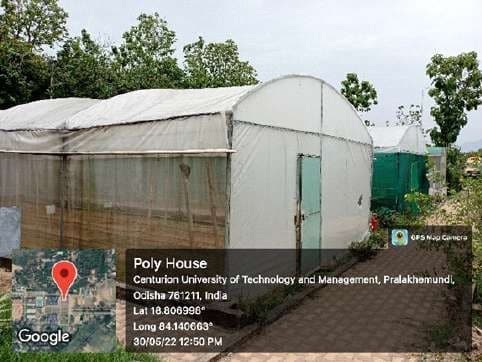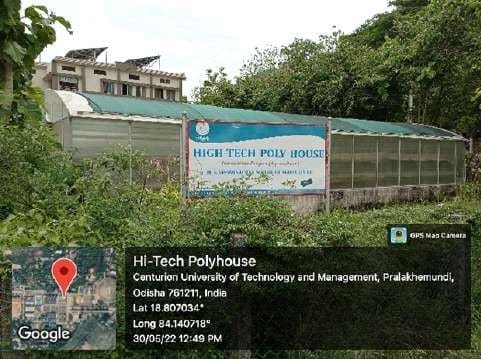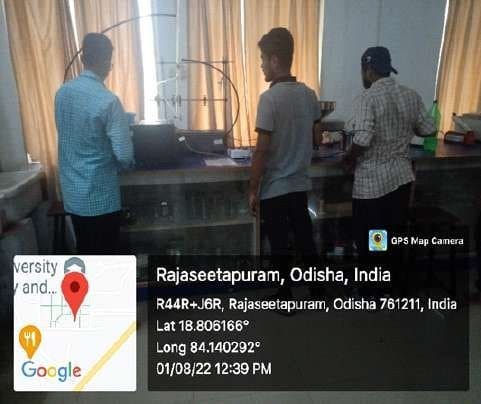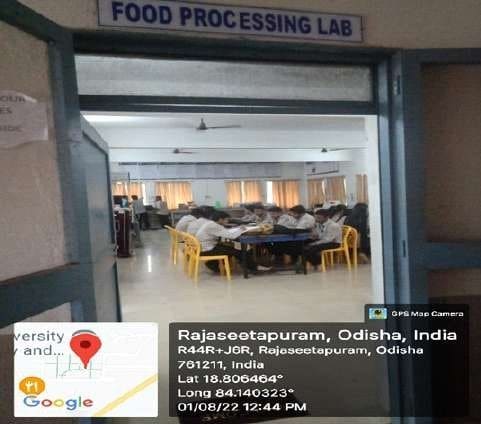Plant Molecular Biology Action Learning Laboratory
The University established an action learning laboratory on Plant Molecular Biology with all equipment and facilities.
Aim of the action learning laboratory
To enable students to get both basic and in-depth understanding of plant molecular biology, plant biotechnology, and plant genomics.
Objectives
- Students will be able to do hands on, on the following:
- Nucleic acid (DNA/RNA) isolation and purification
- Nucleic acid (DNA/RNA) quantification via spectrophotometry and gel electrophoresis
- PCR amplification and genotyping.
- Reverse Transcription and cDNA synthesis
- Gene expression studies via semi- quantitative and quantitative RT-PCR
Outcomes
- Conversant in using the wet-lab molecular biology tools
- Ability to perform lab experiments in the area of plant molecular biology
- Ability to perform advanced techniques, like cDNA synthesis and gene expression analysis.
Caters to
B.Sc (Ag), B.Sc (Biochemistry), M.Sc (Ag), M.Sc (Botany) Skills for success and domain courses and other skills participants. The lab serves as state-of-the-art facility for research scholars: PhD and Research fellows.
Getting exposed to a well-equipped lab during academics is always highly beneficial for students. In the biotechnology lab, both UG and PG students get to know the principles and operational procedures of the instruments. In addition, they get hands-on experience of different techniques and instruments in the lab as a part of their curriculum. Further, students are offered and encouraged to maximize their practice and training experiences in the biotechnology lab by taking up related domains and being interns in the lab. These experiences and learned skills help them to go for higher studies and also to get good jobs in the industry.
Market Linkages
The cardinal goal of the laboratory is endowing the students with required skill sets and making them market ready. The skills learned by the students and other trainees in the lab give them a higher notch to compete and perform in the industry. As they imbibe the theory and practical principles of the high-end instruments and molecular techniques, the students and trainees become more specialized i n specific technologies, thus, aligning themselves with the industry 4.0 manpower requirements.
